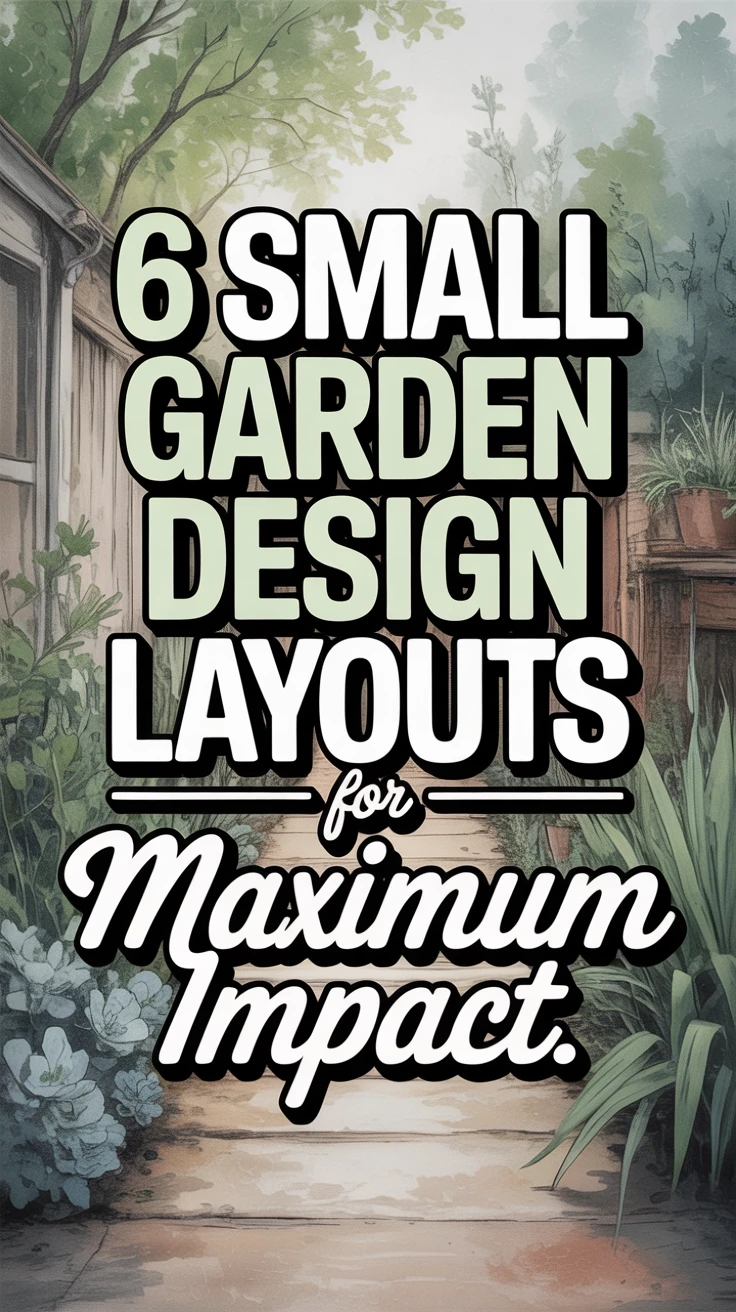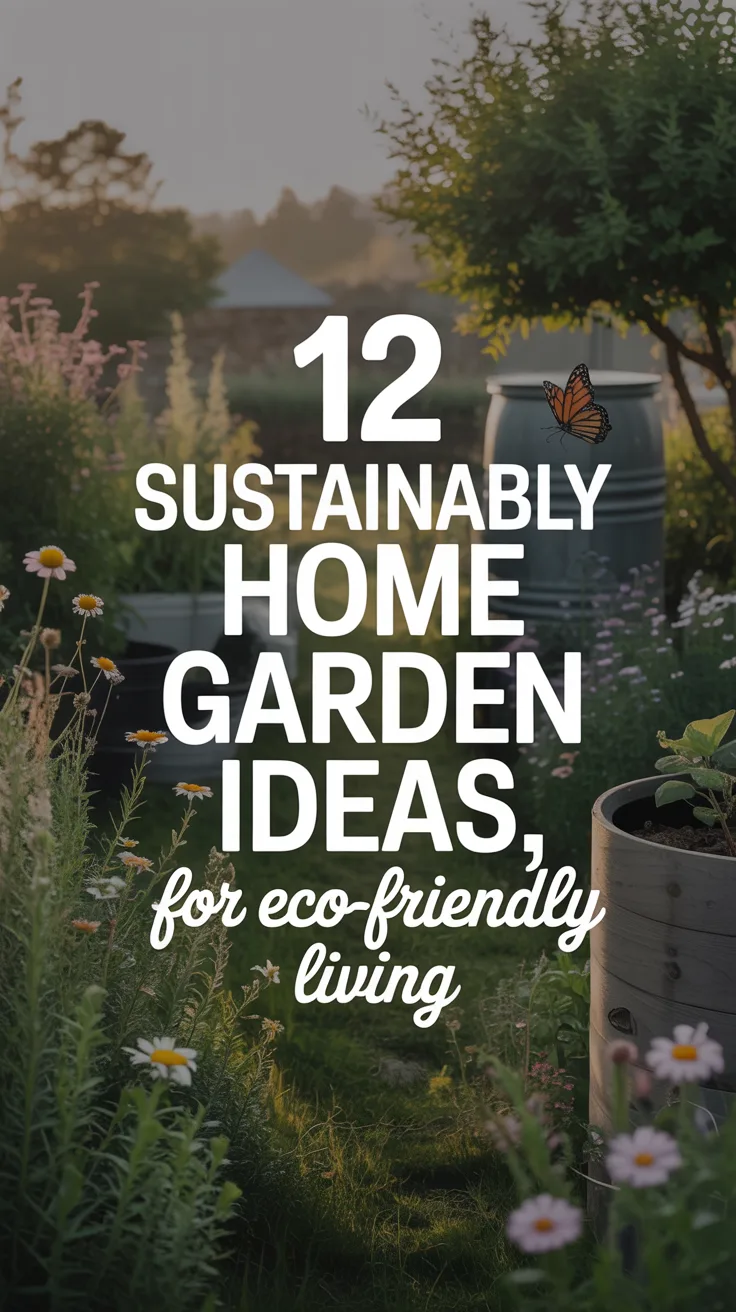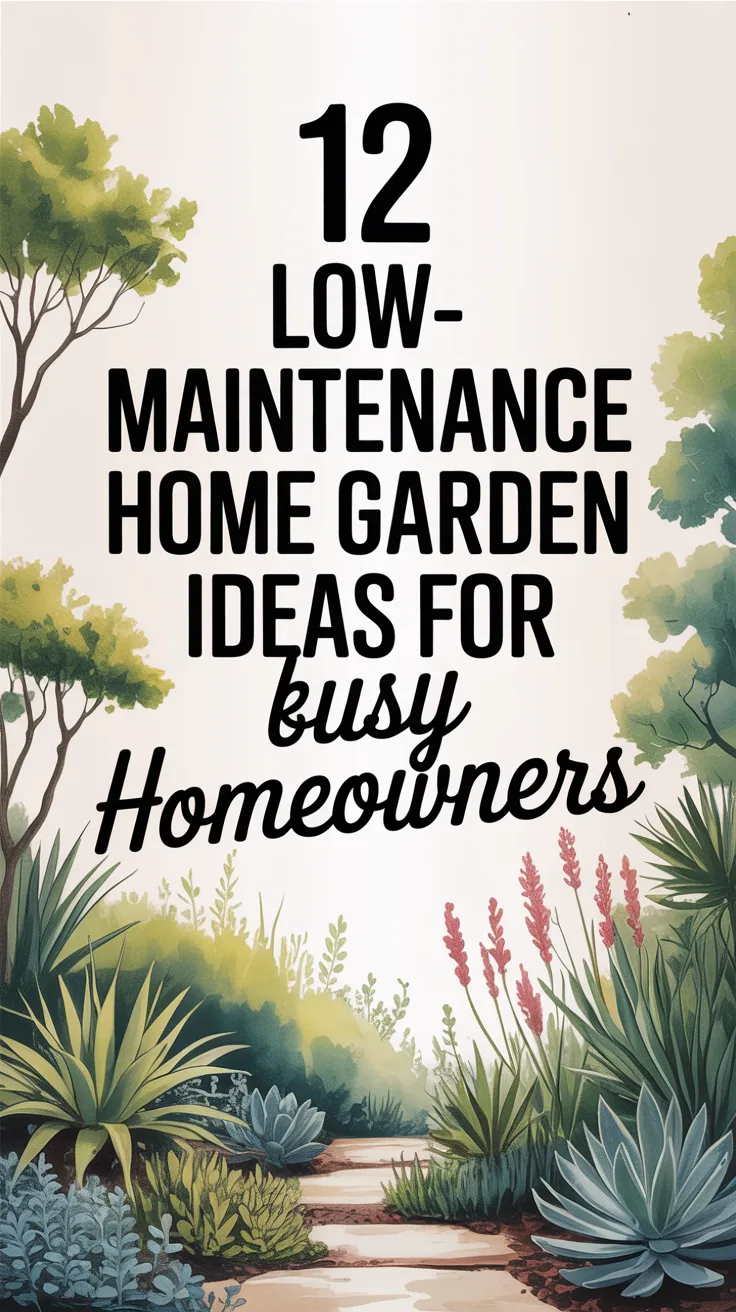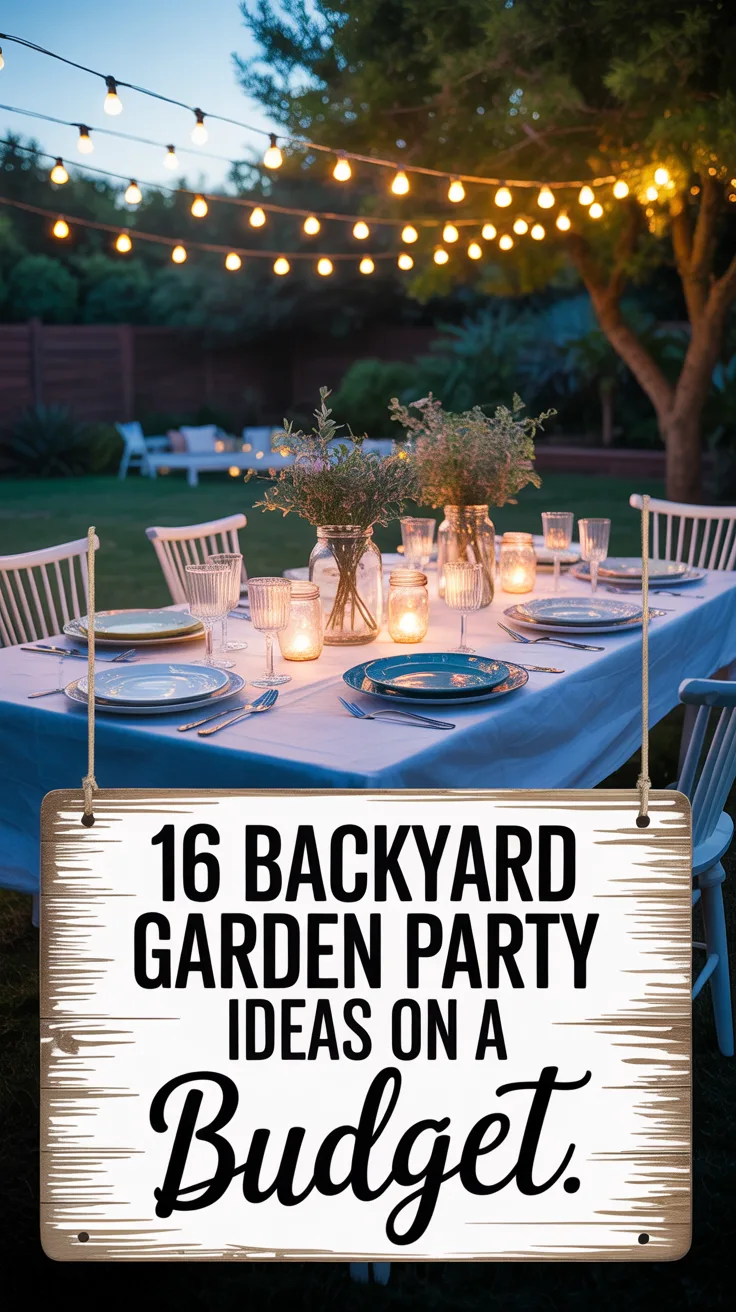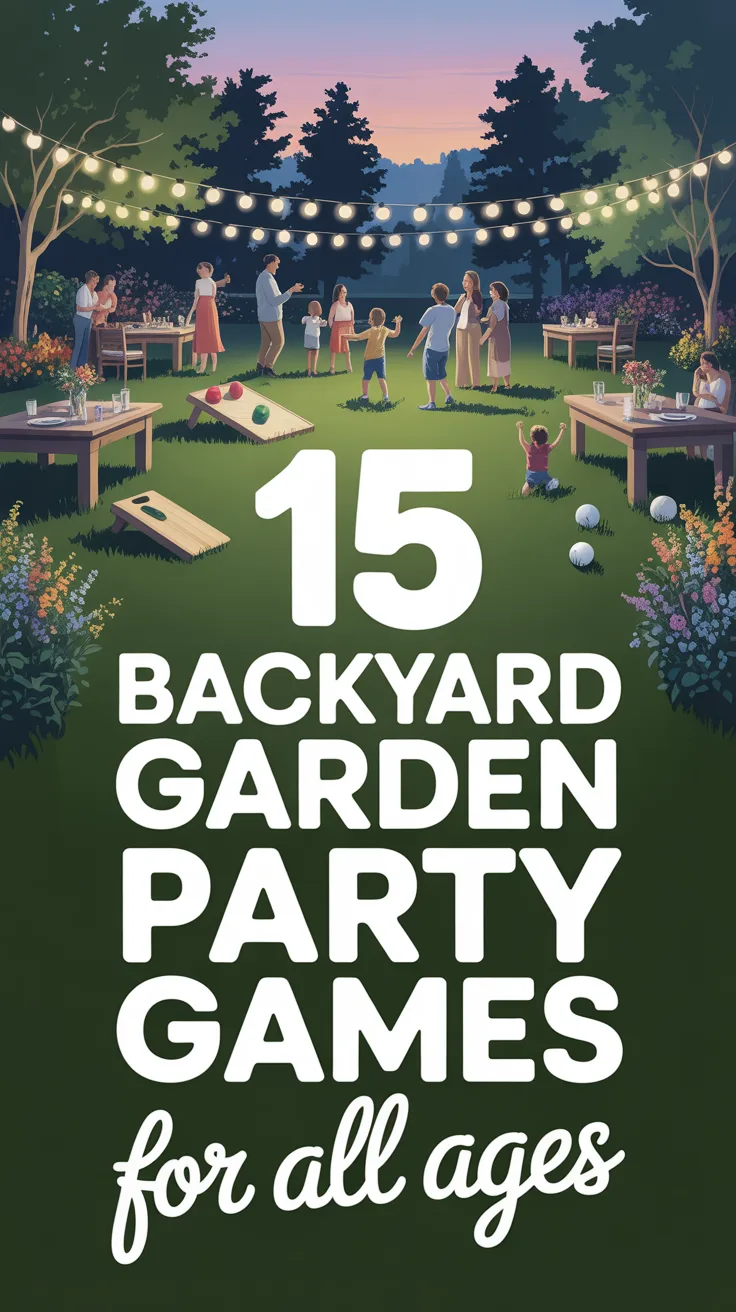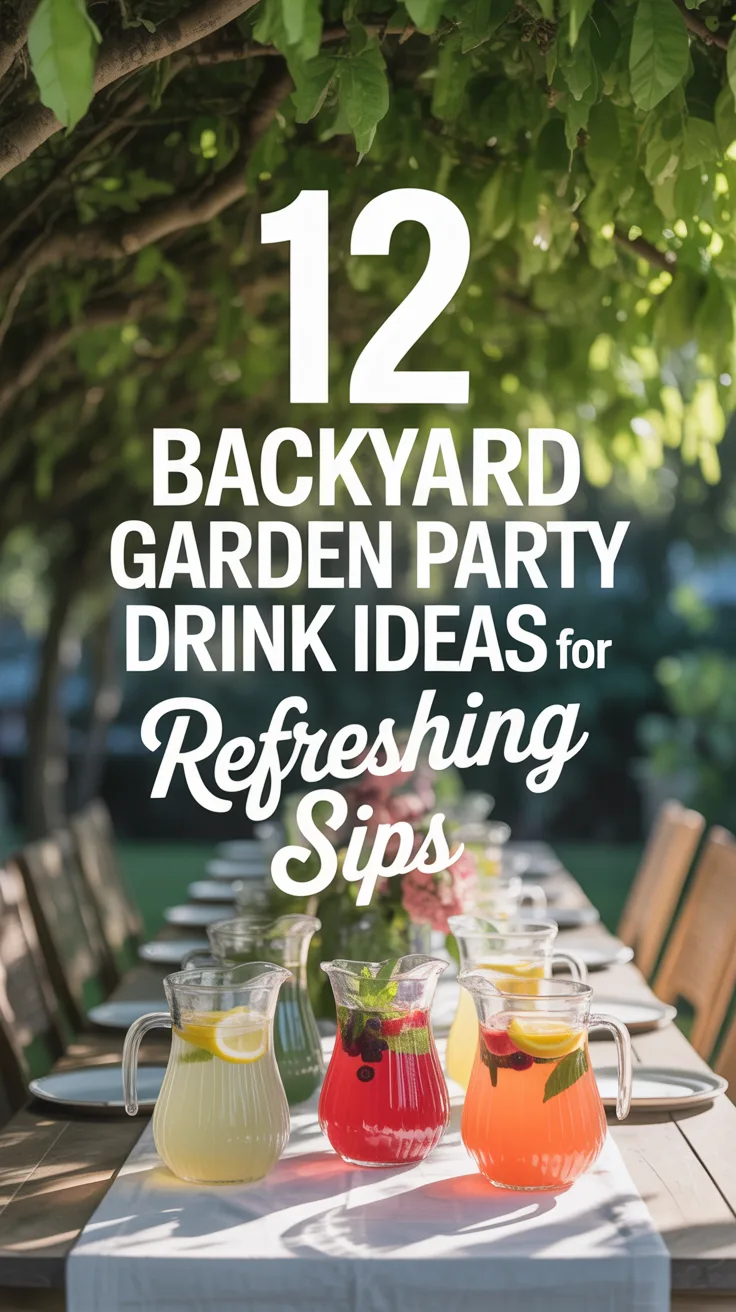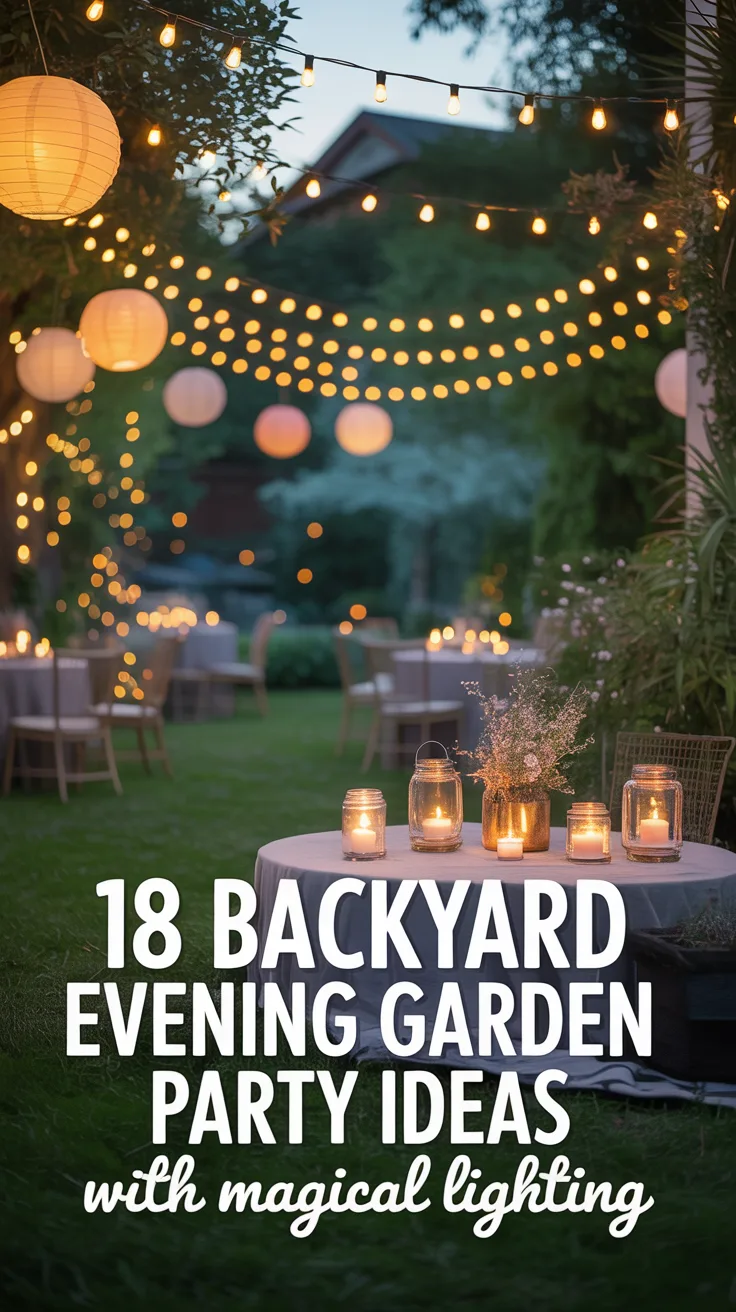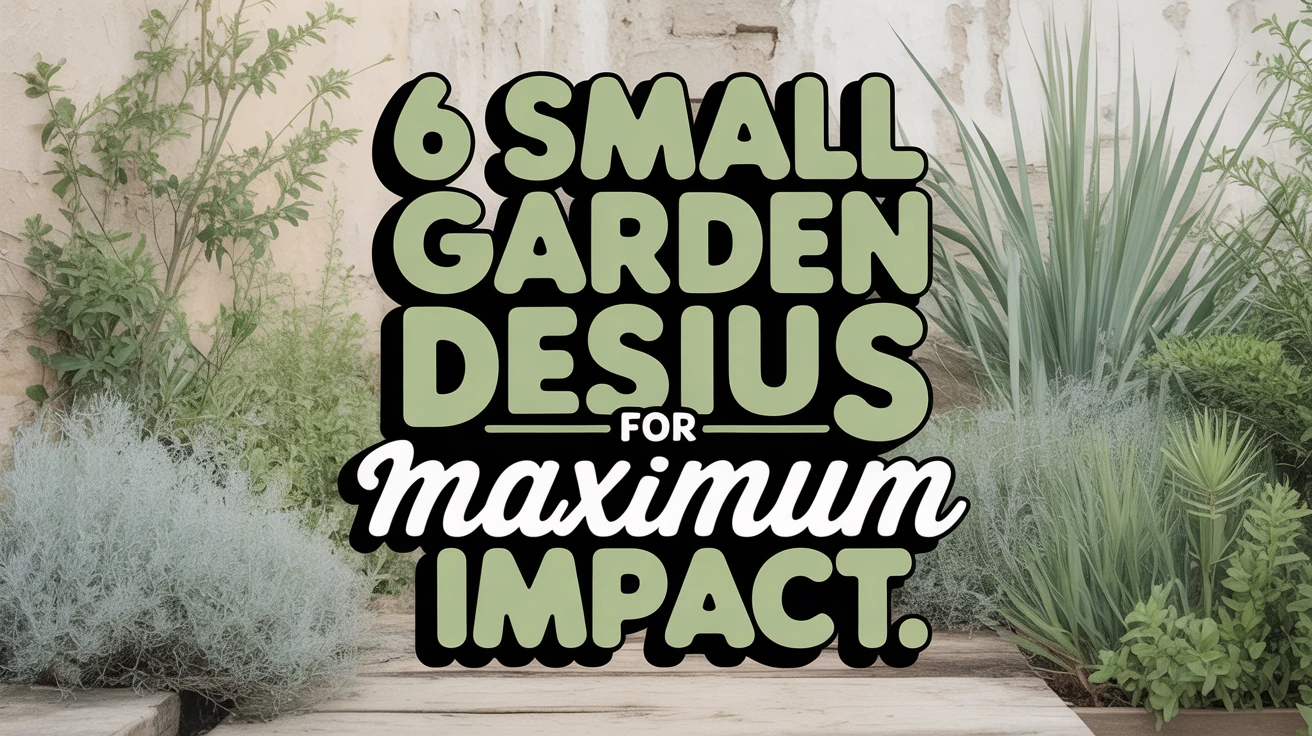
Introduction
When I first moved into my urban apartment with its postage stamp-sized balcony, I felt my gardening dreams wither. But over time, I’ve discovered that even the tiniest outdoor spaces can become verdant retreats with the right approach. Working with small garden design ideas layout challenges has actually sparked my creativity more than larger spaces ever did!
Limited space doesn’t mean limited possibilities. In fact, small gardens often become the most charming and impactful outdoor spaces because every element must earn its place. Whether you’re dealing with a compact backyard, a narrow side yard, or even just a balcony, these six layout designs will help you maximize your small garden’s potential.
Layout 1: Vertical Gardens
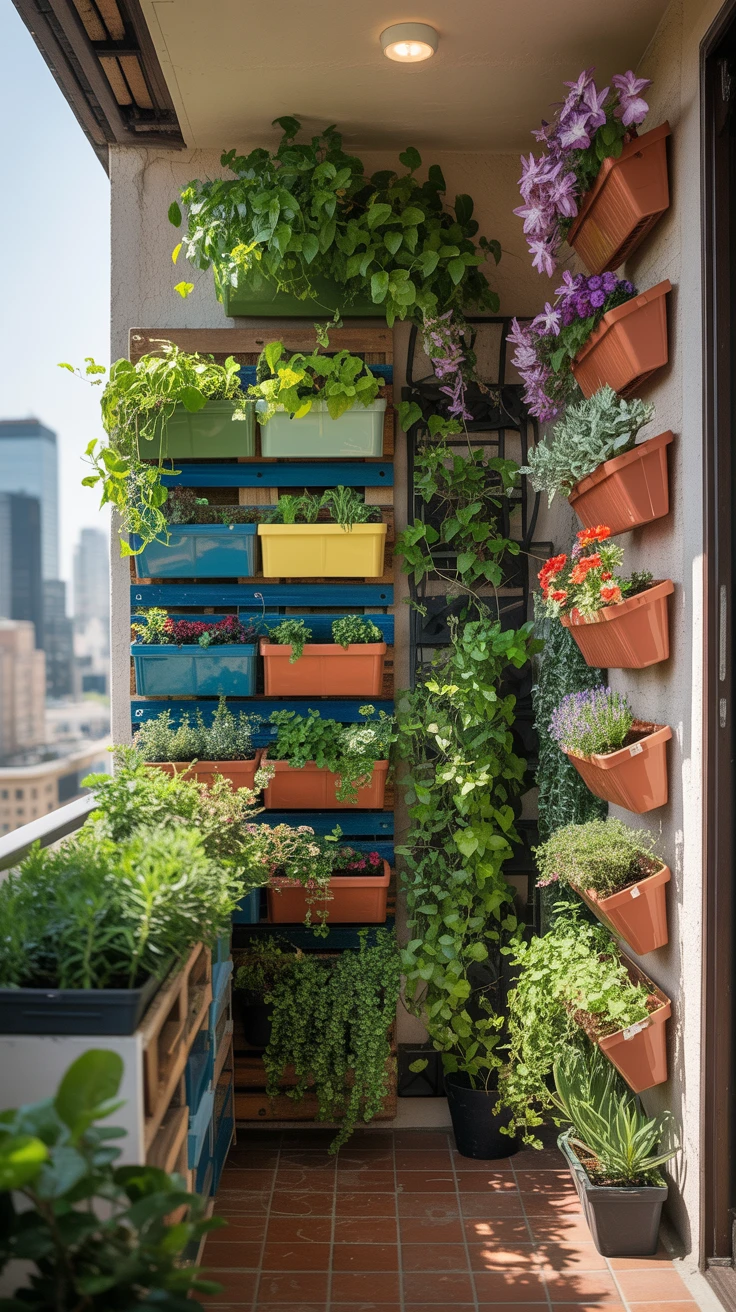
When horizontal space is at a premium, the only way to go is up! Vertical gardening revolutionized my approach to small spaces by utilizing walls, fences, and other vertical surfaces as valuable growing real estate.
I’ve found several vertical structures particularly effective:
- Wall-mounted planters – These come in various materials from recycled pallets to purpose-built pocket systems
- Trellises and arbors – Perfect for climbing plants like jasmine, clematis, or even vegetable vines
- Hanging baskets – Can be arranged at varying heights to create visual interest
- Repurposed shoe organizers – An inexpensive DIY option that works surprisingly well
- Stackable planters – Create a tower of greenery in a tiny footprint
The beauty of vertical gardens is how they transform bland walls into lush, living tapestries. In my own garden, I installed a trellis system that turned a boring boundary fence into a flowering wall of morning glories and clematis.

View on AmazonAs an Amazon Associate, I earn from qualifying purchases.

View on AmazonAs an Amazon Associate, I earn from qualifying purchases.
Pro Tip: When designing your vertical garden, consider the weight of fully grown, watered plants. I learned this lesson the hard way when my first wall planter pulled away from the masonry! For heavier installations, ensure proper anchoring to structural elements, not just surface materials.
Layout 2: Container Gardening
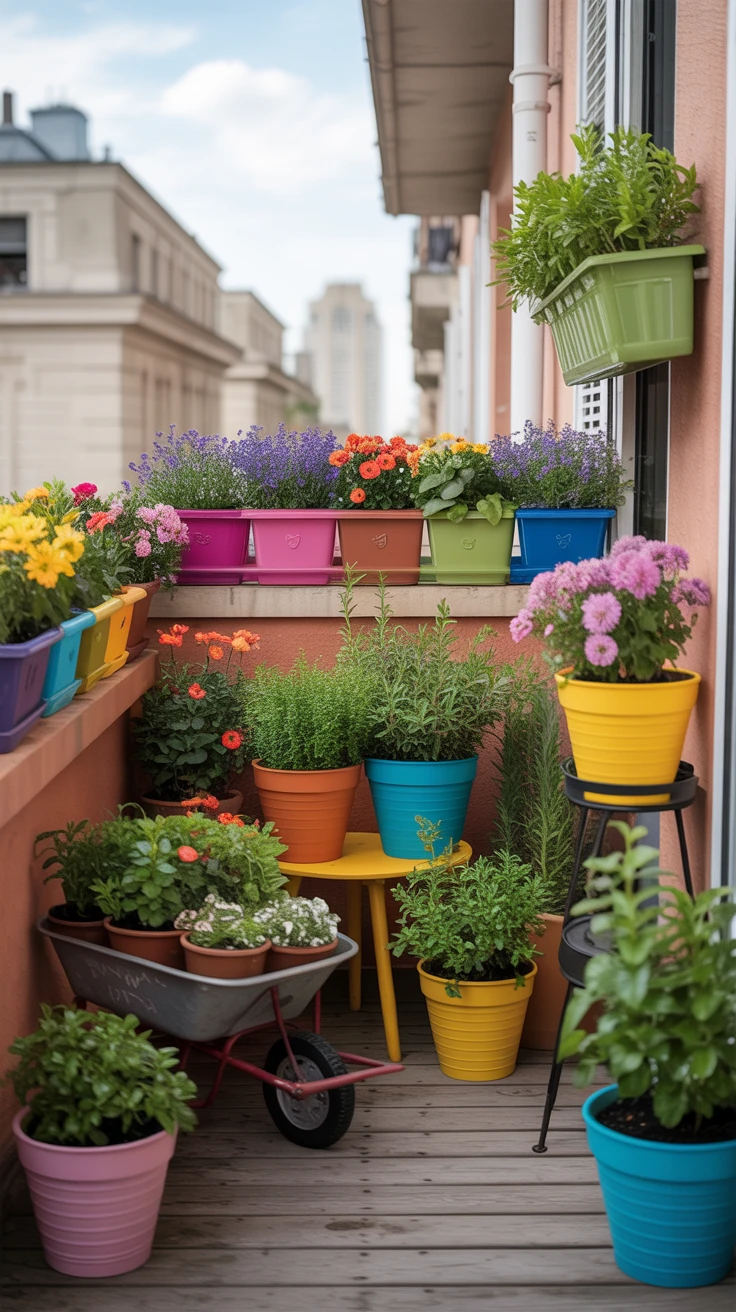
Container gardening offers unparalleled flexibility for small garden design ideas layout planning. I’ve completely rearranged my garden in a single afternoon, something impossible with in-ground plantings.
The versatility of containers allows for:
- Seasonal rearrangement to highlight what’s currently blooming
- Moving plants to optimize sun exposure as seasons change
- Creating “portable privacy screens” with taller plants
- Defining distinct zones within your small space
- Bringing color and texture to hardscaped areas like patios
I’ve experimented with numerous container types, from traditional terracotta to repurposed items:
- Ceramic and terracotta pots (classic but heavy)
- Lightweight fiberglass planters (easier to move)
- Fabric grow bags (excellent for vegetables)
- Repurposed items (old wheelbarrows, buckets, even boots!)
- Window boxes (perfect for herbs and compact flowers)

View on AmazonAs an Amazon Associate, I earn from qualifying purchases.
Pro Tip: Group containers of varying heights to create visual interest and maximize space. I arrange my pots in tiers using upturned pots and small tables as risers, essentially creating a three-dimensional garden in a tiny corner.
Layout 3: Raised Bed Gardens
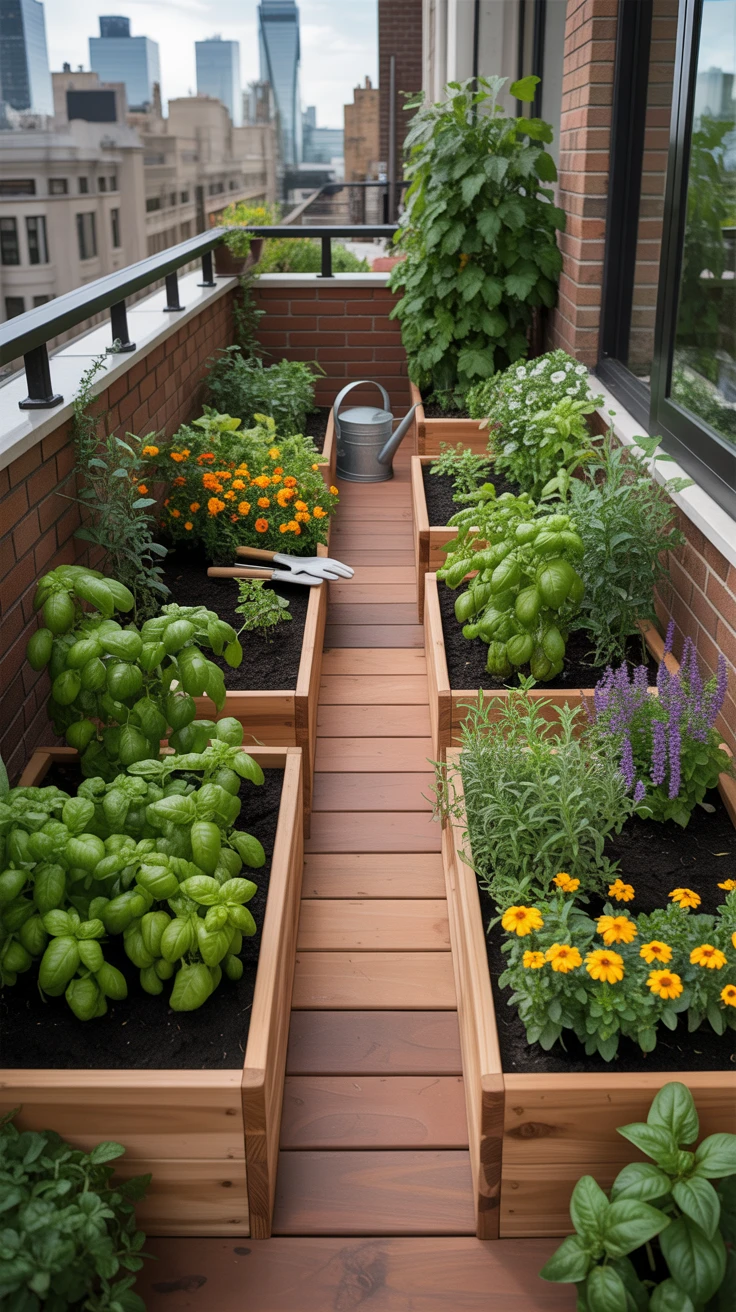
Raised beds transformed my gardening experience by solving several problems at once. These defined growing spaces offer excellent soil control, improved drainage, and reduced back strain when tending plants.
For small spaces, I recommend keeping raised beds relatively narrow (3-4 feet wide) to ensure you can reach the center from either side without stepping on the soil. This prevents compaction and makes maintenance much easier.
Benefits I’ve personally experienced with raised beds include:
- Better control over soil quality
- Extended growing seasons (soil warms faster in spring)
- Clearer garden organization
- Reduced weed invasion
- Natural boundary definition without additional elements
When I installed my first raised bed, I used cedar boards, but there are many material options:
- Natural wood (cedar, redwood, or cypress resist rot)
- Composite materials (long-lasting but more expensive)
- Galvanized metal (modern look, excellent longevity)
- Stone or brick (permanent and attractive)
- Repurposed materials (old water troughs work well)

View on AmazonAs an Amazon Associate, I earn from qualifying purchases.
Pro Tip: Incorporate companion planting strategies in your raised beds to maximize productivity. I plant basil among my tomatoes to improve flavor and repel pests, and marigolds around the perimeter to deter unwanted insects.
Layout 4: Symmetrical Designs
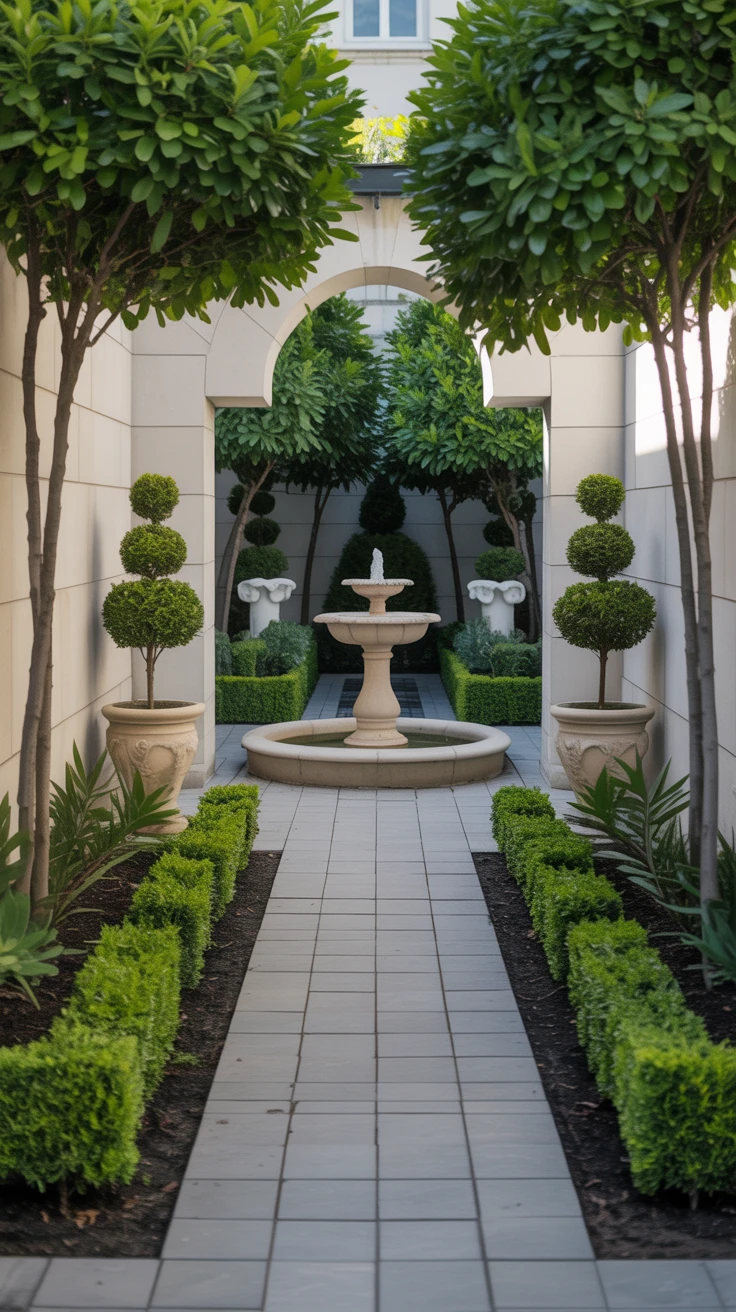
I’ve found that symmetrical layouts create a sense of order that makes small spaces feel intentional rather than cramped. This approach borrows from formal garden design but scales beautifully to compact areas.
My first attempt at symmetry involved creating a simple path down the center of my small garden with matching plantings on either side. The transformation was remarkable—suddenly my narrow space felt deliberate and elegant.
Elements that work well in symmetrical small garden design layouts:
- Matching container arrangements flanking an entrance
- Mirror-image planting beds on either side of a central path
- Identical topiary specimens creating “bookends” to a seating area
- Repeated architectural elements like arches or obelisks
- Balanced water features or sculptures as focal points
The key is maintaining clean lines and clear organization. In small spaces, symmetry provides a visual framework that feels reassuring and planned rather than chaotic.
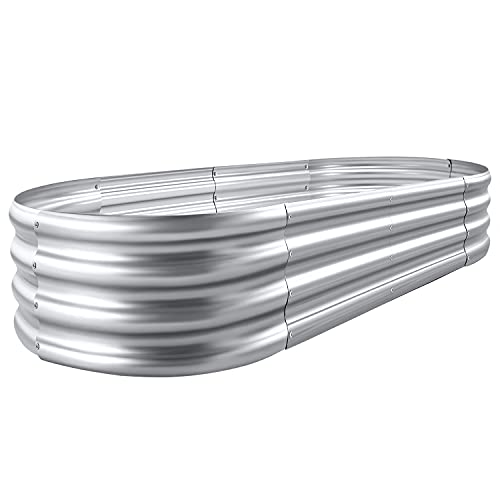
View on AmazonAs an Amazon Associate, I earn from qualifying purchases.

View on AmazonAs an Amazon Associate, I earn from qualifying purchases.
Pro Tip: Use symmetry to direct focus toward a special feature. In my garden, the symmetrical layout leads the eye to a small fountain that becomes much more impactful because of the balanced approach leading to it.
Layout 5: Multi-functional Spaces
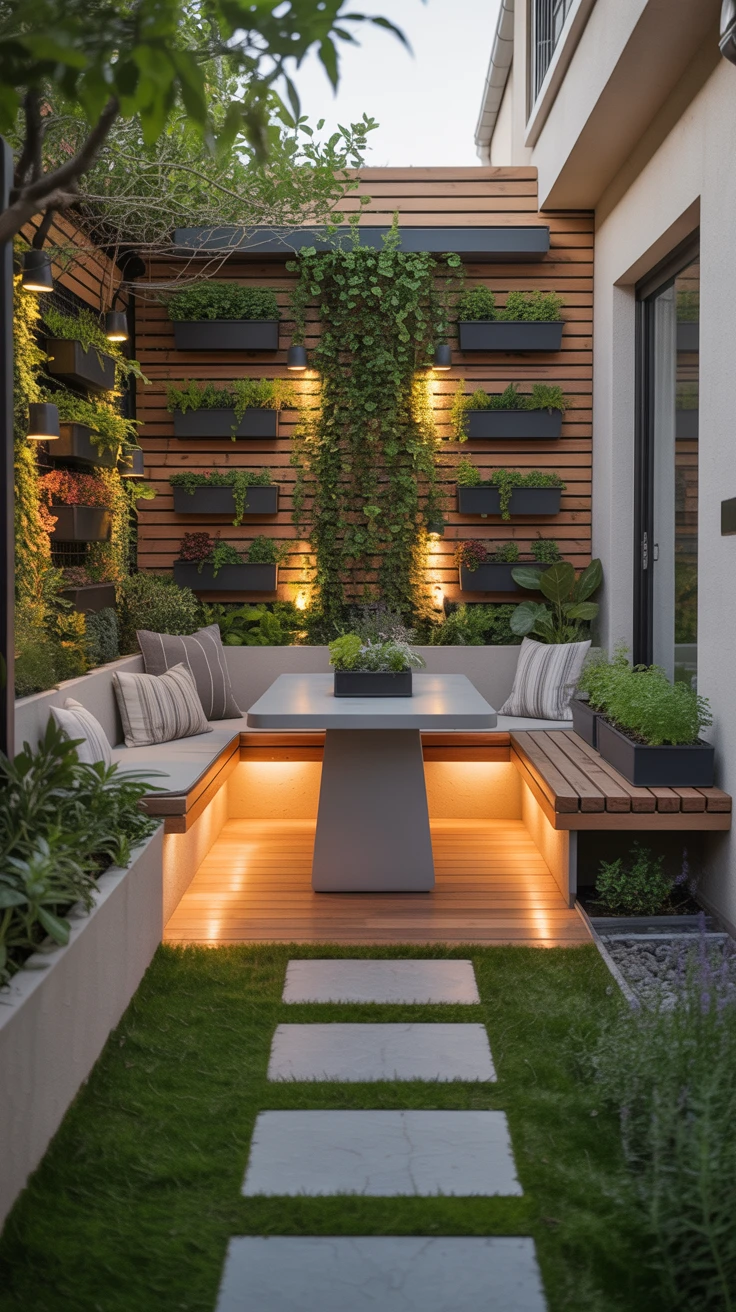
When every square inch counts, making elements serve multiple purposes becomes essential. My breakthrough moment came when I realized my garden didn’t need separate areas for dining, relaxing, and growing—they could be beautifully integrated.
Multi-functional design strategies I’ve implemented include:
- Built-in bench seating with storage underneath
- Dining table with integrated herb planters in the center
- Vertical wall systems that combine planting space with privacy screening
- Stepping stones that double as casual seating spots
- Decorative trellises that support edible vines while creating shade
The beauty of multi-functional design is how it eliminates wasted space. My small patio now accommodates dining, relaxation, and abundant planting through thoughtful integration rather than separation of uses.

View on AmazonAs an Amazon Associate, I earn from qualifying purchases.

View on AmazonAs an Amazon Associate, I earn from qualifying purchases.
Pro Tip: Choose furniture that can be easily reconfigured. I invested in lightweight, stackable seating that can be arranged for dinner parties or pushed aside when I need more space for gardening projects.
Layout 6: Zen Garden Inspirations
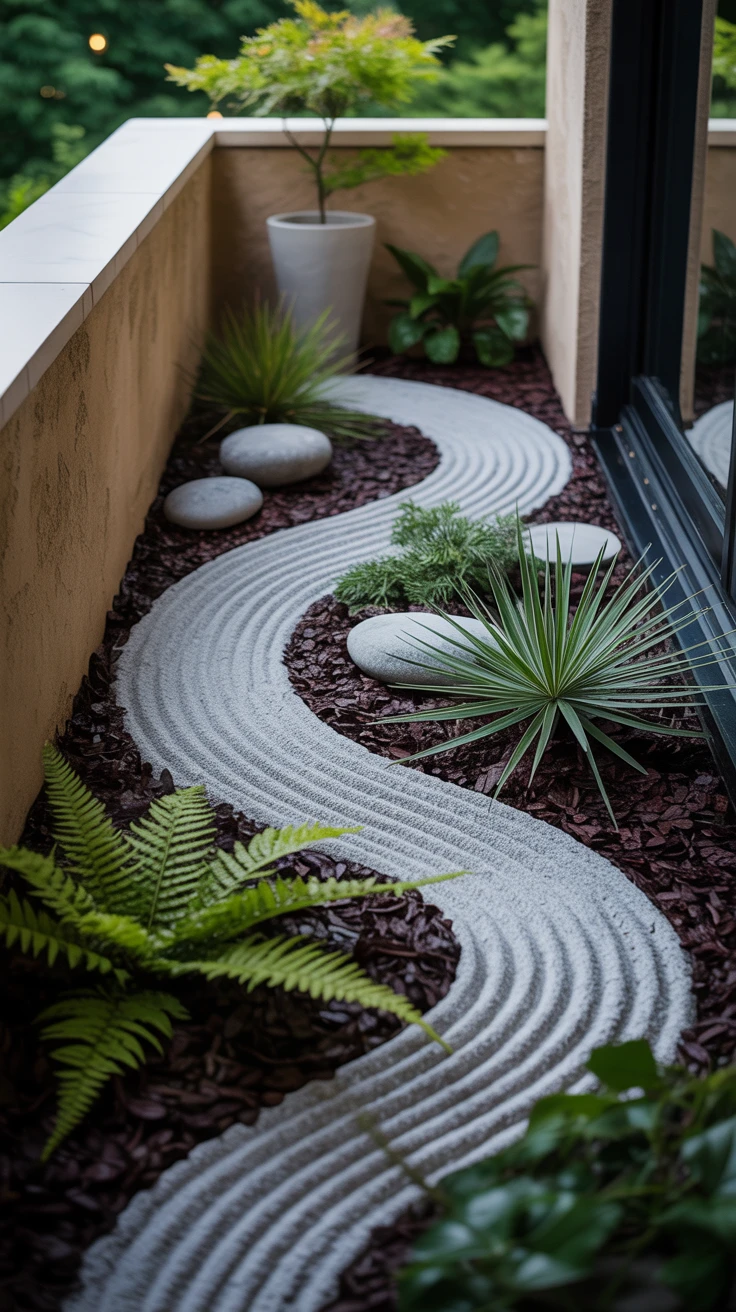
After years of trying to cram too many plants into my small garden, I discovered the liberating minimalism of Zen-inspired design. This approach celebrates space rather than filling it, creating a sense of tranquility that’s particularly valuable in urban environments.
Key elements I’ve incorporated from Zen garden traditions:
- Carefully raked gravel or fine mulch to represent water
- Thoughtfully placed stones as focal points
- Limited plant palette focusing on textures and forms
- Simple, clean-lined containers
- Mindful negative space (the absence of elements is as important as their presence)
What surprised me most was how this restraint actually made my small garden feel larger. By selecting fewer, more impactful elements, each one receives the attention it deserves.

View on AmazonAs an Amazon Associate, I earn from qualifying purchases.

View on AmazonAs an Amazon Associate, I earn from qualifying purchases.
Pro Tip: Create contrast through plant textures rather than colors for a more sophisticated look. I pair feathery ferns with spiky ornamental grasses and broad-leaved hostas for visual interest that remains cohesive and calming.
Pro Tips for Small Garden Design
Through years of experimenting with my own small spaces, I’ve gathered some additional wisdom worth sharing:
- Use color strategically – Limit your palette to create cohesion. I stick to three main colors plus green for a harmonious look.
- Consider sight lines – Plan your garden to reveal itself gradually rather than all at once, creating a sense of journey even in tiny spaces.
- Incorporate reflective surfaces – A small mirror positioned thoughtfully can double the perceived size of your garden.
- Choose appropriate plant sizes – Research mature dimensions and select dwarf varieties when possible. I once planted a “compact” hydrangea that quickly overwhelmed my small space!
- Create seasonal interest – Plan for something beautiful in each season so your garden remains engaging year-round.
Remember that small gardens actually offer advantages—they’re less expensive to overhaul, quicker to maintain, and often viewed more intimately than larger landscapes.
Frequently Asked Questions
What are the best plants for small gardens?
Compact or dwarf varieties offer the most bang for your buck in small spaces. I’ve had great success with dwarf Japanese maples, compact hydrangeas like ‘Little Lime,’ ornamental grasses such as Japanese forest grass, and vertical growers like clematis. Herbs are also excellent choices, providing both beauty and function in limited space.
How can I create privacy in a small garden?
Vertical elements are your best friends for privacy. I use a combination of tall container plants (bamboo works well), trellises with climbing vines, and strategically placed small trees. For immediate screening, consider canvas panels or outdoor curtains that can be adjusted as needed.
What are some low-maintenance garden ideas for small spaces?
Focus on perennials rather than annuals to reduce replanting. Incorporate slow-growing shrubs that need minimal pruning. Consider automated irrigation systems—my drip system connected to a timer was a game-changer for maintenance. Finally, use quality mulch to suppress weeds and retain moisture, dramatically reducing your workload.
How do I start a small garden on a budget?
Start with seeds rather than mature plants when possible. Repurpose household items as containers (food-safe buckets, old dresser drawers). Join local gardening groups where members often share plant divisions for free. I built my first raised bed from reclaimed pallets that cost nothing. Finally, focus on improving soil quality first—healthy soil means healthier plants with fewer inputs.
How can I make a small garden look bigger?
Use diagonal lines in your pathways or planting beds to create an illusion of greater distance. Incorporate receding colors (blues and purples) at the garden’s edges. Create layers of height to draw the eye upward as well as outward. I’ve found that a simple trick of placing larger plants in the foreground and smaller ones in the background creates forced perspective that enhances depth.
